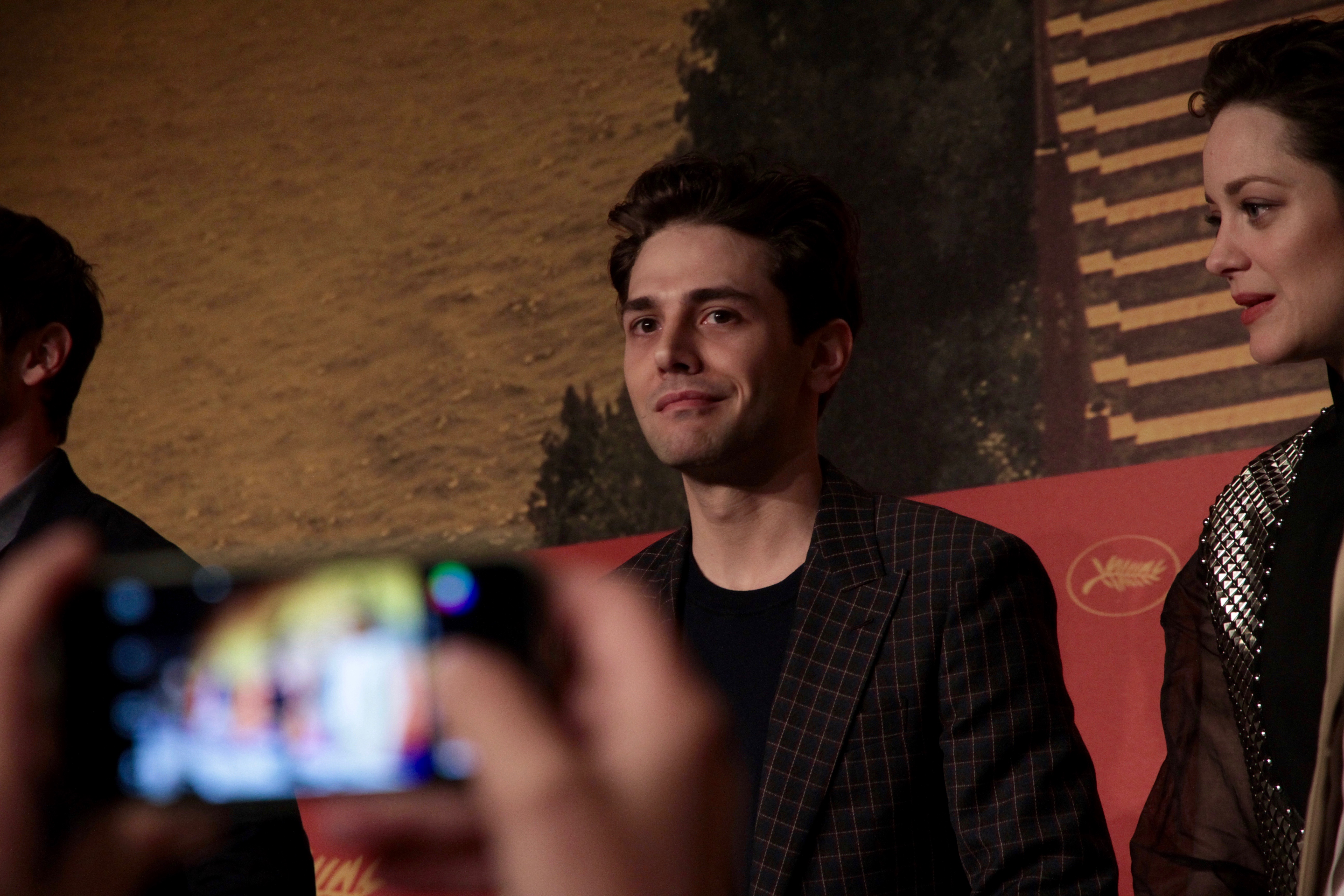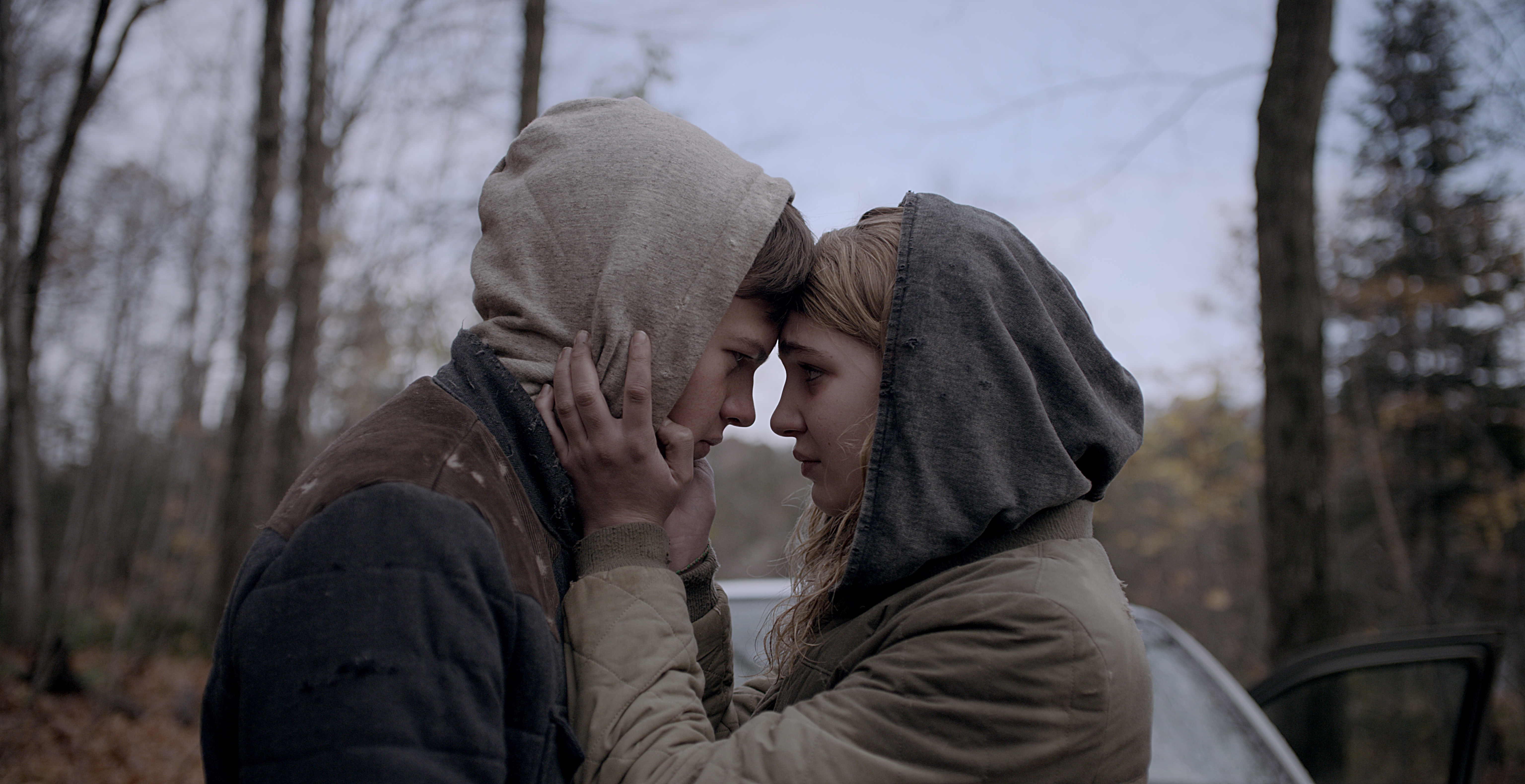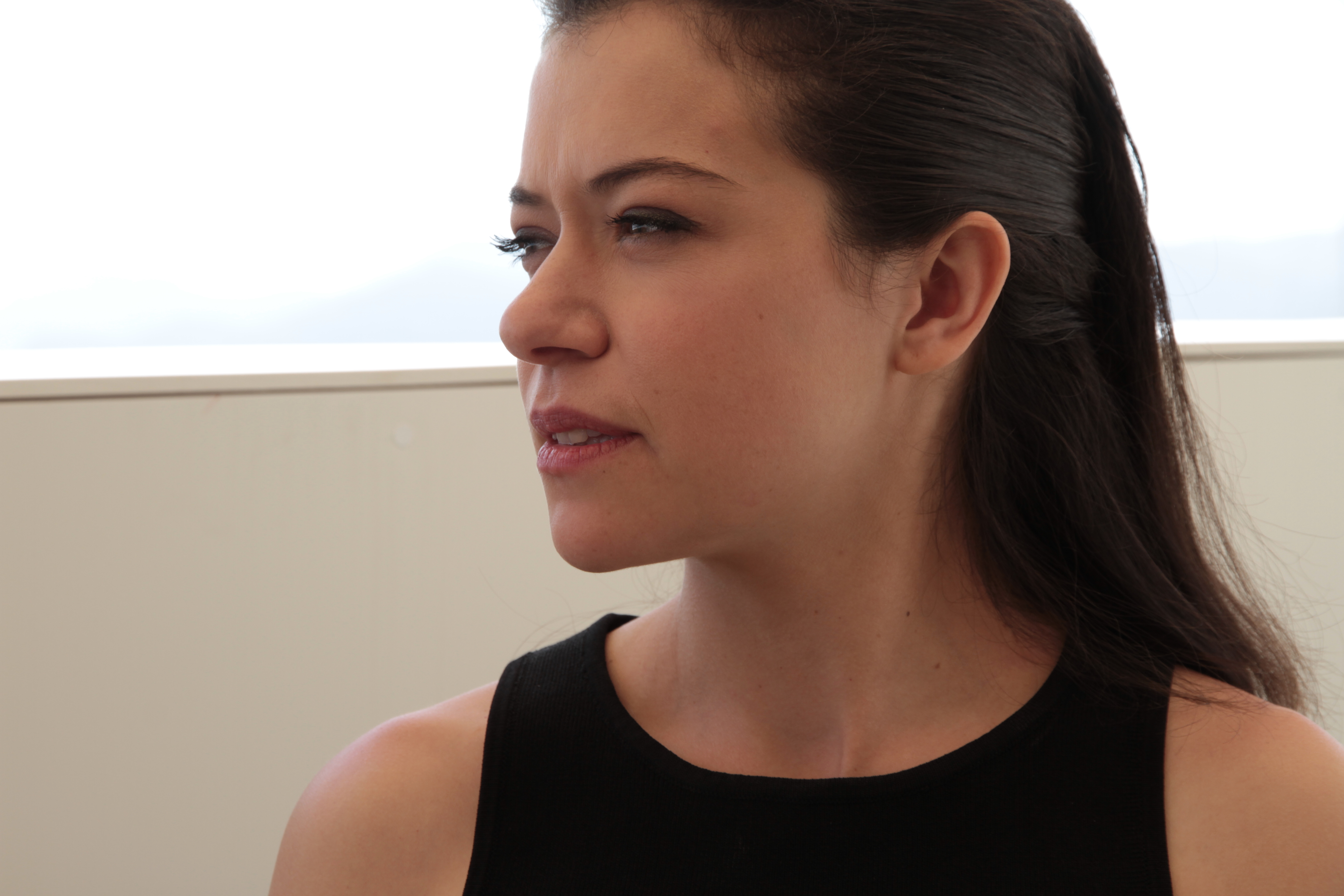For Canadians, Cannes is only the end of the world
Three Canadian-directed films premiered at Cannes. Xavier Dolan’s latest was on the festival’s front burner.
Kai Pfaffenbach/Reuters
Share

Xavier Dolan’s eyes were burning. “My contact lenses are killing me,” he announced the moment he arrived for interviews on a rooftop terrace above the Palais des Festivals, the literal summit of Cannes. Then, with a bottle of eyewash offered by a Canadian journalist, he slipped away to refresh his vision before facing the press. His red carpet premiere of It’s Only the End of the World was just hours away, but maybe his eyes had already seen too much.
After Dolan’s film was shown to the media the previous day, it was hit by barrage of blistering reviews, relieved by some mixed notices and a few raves. In the Coliseum of Cannes, judgment is meted out in a matter of seconds, even before the final credits end, with thumbs twitching yea or nay in a Twitter storm of instant verdicts. The insults ranged from “excruciating,” and “a total misfire” to a cruel image of the Hindenburg exploding. And when Dolan showed up at the press conference the next day, the first question, from a Radio-Canada journalist, asked him to respond to his critics. Dolan demurred, explaining that Cannes was divisive by nature. Claiming that It’s Only the End of the World is his best work to date, he said, “maybe the film needs a bit of time to establish itself.”
Later, having rinsed his eyes, Dolan sat down with our small group of journalists. With dark, delicate features fit for modelling (which he now does for Louis Vuitton), he projects a disarming mix of nervous fragility and suave confidence. His clothes are a maze of designer detail, from an array of medal-like tchotchkes dangling from his shirt to the oval holes at the knees of his jeans. In response to a compliment that he had displayed grace under fire at the press conference, Dolan was quick to confess: “I was screaming inside.” Film criticism in Cannes has become “a culture of hatred,” he said. “There are different tastes, and I’ve never minded criticism from people who don’t like my movies. But you don’t want to be told by a very serious person: ‘Why is he allowed to make movies?’ Like, chill out. Cannes needs to chill out.”
More from Brian D. Johnson: ‘Cherchez la femme’ in Cannes
It’s Only the End of the World was one of three Canadian films premiering in Cannes. The other two—Nathan Morlando’s Mean Dreams and Kim Nguyen’s Two Lovers and a Bear—played in the smaller, less pressured Directors’ Fortnight program. By coincidence, both are road stories of desperate young lovers who’ve been scarred by parental abuse, and end up running for their lives across a wild landscape. Both their directors were making their Cannes debuts, and received a mixed response from critics. More on them later; Dolan’s competition entry was the Canadian film on the front burner of the Cannes spotlight.
With this, his sixth feature, Dolan has tackled a daunting adaptation of a play by the late French dramatist Jean-Luc Lagarce. It’s about a celebrated writer who comes home after a 12-year absence, intending to tell his family that he will soon die of a terminal disease. Loud, intense and claustrophobic, the drama unfolds in ribbons of convoluted theatrical dialogue, as the family resentments and rivalries careen out of control, while the almost silent writer tries to find an opening in a place where no one listens. Whatever its flaws, the film amounts to a remarkably controlled and sophisticated piece of work for Quebec’s 27-year-old prodigy—who writes, directs, edits and sometimes stars in his own his own movies (though he stays off screen in this one). And he’s corralled some potent performances from his pedigree cast.
It’s Only the End of the World seems like just another lap in Dolan’s brilliant career. Now well-established as a paradoxically mature wunderkind of world cinema, he has been a Cannes darling since launching his career here at the Directors’ Fortnight in 2009 with I Killed My Mother. He competed for the Palme D’Or in 2014 with Mommy, which won the third-place jury prize. Last year he joined the jury, then crafted a YouTube sensation with his dreamy video for Adele’s Hello, shooting her as if she were drifting through a French movie like a latter-day Catherine Deneuve.
Back when Dolan was Justin Bieber’s age, he was a bit notorious for his piques of petulant self-regard, but there’s nothing like success to smooth the rough edges off a young ego. Regardless of whether he wins the Palme D’Or, he seems to be on an unstoppable roll. Part of what’s driving it is his power as an actress-magnet. It’s Not the End of the World features a trio of formidable French women—Marion Cotillard, Léa Seydoux and Nathalie Baye. After Cannes, the director next plunges into his English-language debut, Donovan, which stars Jessica Chastain, Susan Sarandon and Kathy Bates. In a breathtakingly short time, Dolan has turned out to be the most devoted director of actresses since Pedro Almodóvar, who is in competition with Julieta. (In fact, a couple of classic Almodóvar titles—All About My Mother and Women on the Verge of a Nervous Breakdown—neatly sum up the most recurrent themes in Dolan’s own work.)
If the love-in atmosphere of his press conference was any indication, actresses adore him, “He’s very precise,” said Seydoux. “He knows exactly what he wants, because he’s an actor himself. And he’s a very endearing person—you love him and you want him to love you.”
More from Cannes: Woody Allen, Xavier Dolan (déja vu!) & what’s hot
Dolan shot the film in relentless close-ups, to create what he agrees is a “suffocating atmosphere.” At times he was literally in the actors’ faces. Recalled Gaspard Ulliel, who plays the writer: “It’s the first time I’ve seen a director grab someone by the belt and put him on the other side of the set.” Ulliel admitted he was a bit rattled by Dolan’s approach, but his female co-stars warmed to the intimacy. “The camera is so close it becomes part of you,” said Cotillard. “We were like one body with several heads, breathing together.” In the film’s most striking scenes, Dolan creates wordless interludes between Cotillard and Ulliel, where the music swells and the camera creeps even closer, composing a silent conversation between two characters with the slightest of glances.
Dolan says he’s now friends with Cotillard and is planning another project with the Oscar-winning actress. But first, after shooting Donovan and doing a TV series, he looks forward to a change of pace: “I’m going to take a break to act, because I’m really tired of not acting.”
Strong acting is what distinguishes all three Canadian films in Cannes. The two entries in the Directors’ Fortnight are unusually straight-ahead character dramas driven by young male and female leads. Both are genre films that depart from the Canadian auteur tradition, chilly abstraction and puzzle-like storylines pioneered by David Cronenberg and Atom Egoyan. Mean Dreams and Two Lovers and a Bear are hot-blooded dramas with linear, locomotive narratives geared to entertain.

Mean Dreams is a propulsive thriller about a teenage couple on the run—Jonas, a farm boy played by Texan actor Josh Wiggins (Hellion) and Casey, his new neighbour, played by Montreal’s Sophie Nélisse (Monsieur Lazhar). After clashing with Lucy’s abusive and alcoholic father (Bill Paxton), who’s the new local sheriff, Jonah whisks Lucy away with a stash of dad’s stolen drug money. This is Nathan Morlando’s second crime movie, following his stylized rendering of real-life Canadian bank-robber Edwin Boyd in Citizen Gangster. And it’s a more raw and simple drama.
The Toronto filmmaker shot it in the Sioux area, but was careful not to specify exactly where or even when it takes place. “It’s set in the heart of the Great Lakes,” he told me over lunch, but what side of the border doesn’t matter. I didn’t want it to be nationally specific.”
With its romance of two young people on the run amid wheat fields and burnt autumn landscapes, Mean Dreams owes an obvious debt to Badlands, the 1973 American classic by Terrence Malick. A Variety critic berated the film for being derivative, which infuriates the director. “Terrence Malick is a huge inspiration,” Morlando freely admits, “but so is P.T Anderson’s There Will Be Blood and [the Coen brothers’] No Country for Old Men and Villeneuve’s Prisoners and Cronenberg’s Eastern Promises.” When you get down to it, the director adds, “were attacked for our nationality, for being Canadians making an ‘American’ film.” He insists it’s a North American film, and its Northern Gothic landscape was inspired by both Andrew Wyeth and the Group of Seven.
In moral terms, its hell-bent narrative could be seen to straddle the border between American and Canadian sensibilities—the teenage boy is the impetuous American hero, quick to steal the cash and buy the gun, while the girl insists “we aren’t the kind of people who stick guns in people’s faces.”

Two Lovers and a Bear is set way further north, in a landscape that could be called Arctic Gothic. But the similarities are uncanny. Once again the story involves abuse, incest and alcohol. And the action revolves almost entirely around two characters in a bubble of love and despair—Roman (Dane DeHaan) and Lucy (Tatiana Maslany of Orphan Black fame). Set in the fictional town of Apex, and shot in and around Iqaluit, the film portrays the Arctic as a shiftless frontier of cultural unrest, littered with garbage dumps and criss-crossed by Mad Max cowboys on howling snowmobiles.
It’s a radical change in scenery for Montreal writer-director Kim Nguyen after War Witch (2012), his Oscar-nominated movie about child soldiers navigating death and magic in the African jungle. He may be treading on some dangerous ice, given that it seems a bit incongruous to raise concerns about white kids grappling with abuse, alcohol and suicide in the North at a time when an epidemic of such stuff is making headlines in First Nations communities such as Attawapiskat.
Presented with that dilemma, Nguyen told me, “This is not a documentary, and it’s not about the issues of the Inuit people. There are other cities in the North that are diversified.” He says the film portrays an Arctic hub that draws people from places as far-flung as Ethiopia, Pakistan and Toronto. “There’s this cosmopolitan vibe. I wanted to address the issues in the North from the point of view of two young people from the South.”
Two Lovers and a Bear also includes a whimsical element that one could assume has been appropriated from Aboriginal culture—a talking polar bear voiced by Gordon Pinsent. But Nguyen says his inspiration came from reading Japanese author Haruki Murakami, whose fiction features flawed Greek gods. In fact, the talking bear in his film seems less like a native spirit bear than a deadpan device, providing oddball comic relief from the plot’s adrenalin. It seems not all bears are sacred.
The film finds authenticity in its location (along with the shimmery beauty of the Northern Lights) and in the volatile chemistry between his two stars.
In her own coming-of-age as rising star, Maslany crossed a new threshold in the film, with a torrid bout of love-making that marks her first nude scene. “I find it so interesting that people think bodies are such a hot topic,” she told me, laughing off the obligatory nudity question during an interview on a balcony overlooking the Mediterranean. “The intimacy of those emotional moments seemed scary. But as soon as I got there, the nudity became the least interesting thing in my mind. Bodies and bodies. The scary thing for me was going to that emotional place.”
After her virtuoso array of roles on TV’s Orphan Black, the Saskatchewan-born actress has yet to score a major success on the big screen. But she next stars in David Gordon Green’s Stronger, cast as Jake Gyllenhaal’s girlfriend in the true story of Jeff Bauman, who lost both his legs in the Boston bombing.
It’s hard to say how far any of the Canadian films in Cannes will go, although a line in Two Lovers and a Bear offers to take us to the ends of the earth: “We’re going to get on our snowmobiles and we’re going to ride through the mountains, through the snow and the cold until we get somewhere that’s warm and bright.”
That place may just be Cannes. It’s only the end of the world.